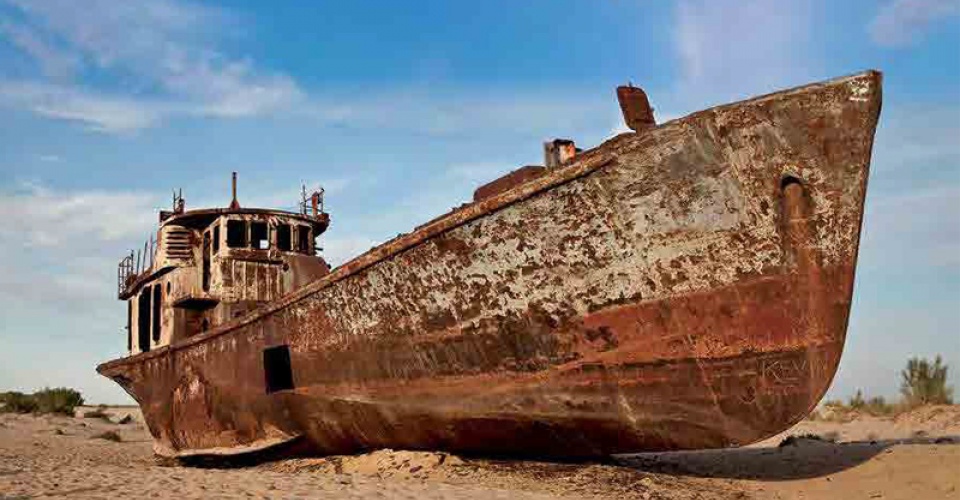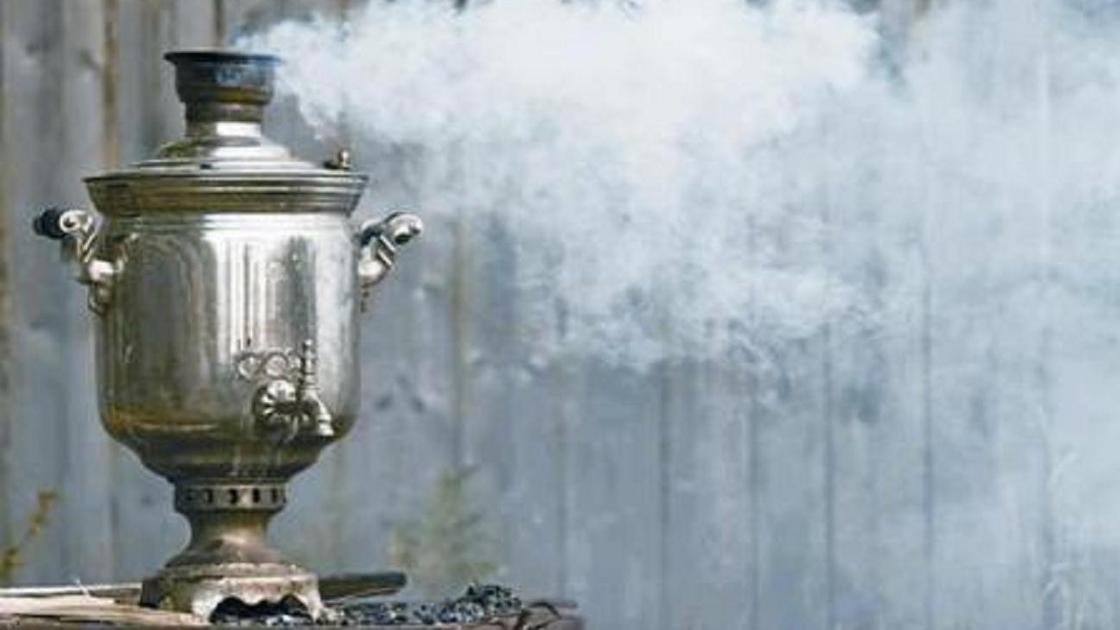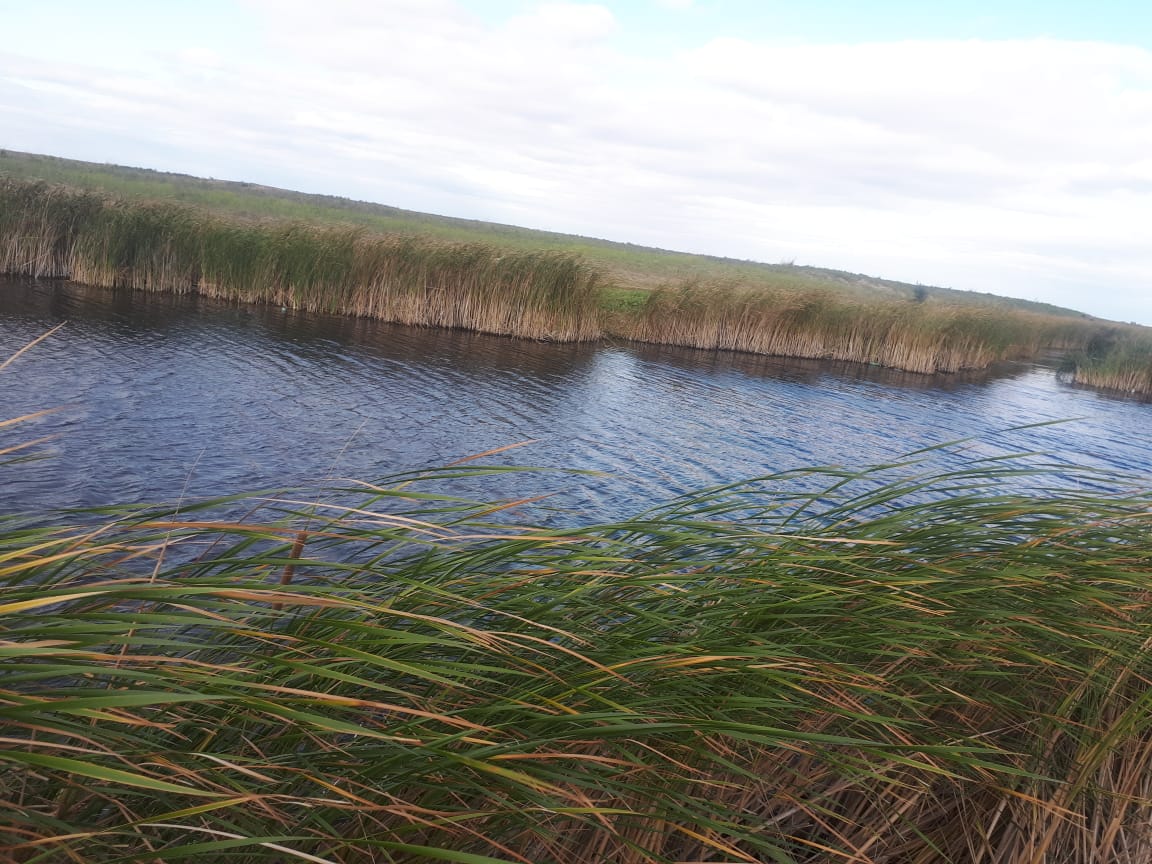There are so many wonderful things happening on earth. One of them is the condition of the Aral Sea. Scientists have wondered for a long time about his condition. Today, there is no definite answer to the question of where this sea water has disappeared and whether it is human fault. 70 years ago, the island was the fourth largest lake in the world. Could humanity close two rivers that flow into the sea (Syrdarya and Amu Darya) and cause the Aral Sea to shrink in a short time?
The transport process of the Aral Sea has been observed seven times
In the 19th century, scientists studied the geological data and characteristics of living things and concluded that the Aral Sea had dried up earlier and then returned to normal. However, in the process of metamorphosis, its coastline is constantly changing. Decades later, researchers, taking into account historical data, came to the conclusion that the peculiarity of the Aral Sea is not only in the change of the coastline, but also in the narrowing of the channel and its subsequent re-emergence. According to the data, the transport of the Aral Sea has been observed seven times in the last five thousand years.
House of gray snakes
At one time, the Aral Sea was considered a biodiversity. There were more than 20 species of fish in the lake. In 1874, during the Aral-Caspian expedition, Vladimir Alenitsyn explored the Aral Sea and made a statement. First of all, the scientist was interested in the animal world. He researched and came to the conclusion that the homeland of gray snakes is the Aral Sea.
What is the situation on the island today?
Today, only white salts and dust rise from the seagull's nest. The ecological catastrophe affected tens of millions of people. Studies show that the wind blows 120 million tons of salt and sand a year. Currently, saxaul tree is being planted on the dried bottom of the Aral Sea with the support of the Forest Service of the Republic of Korea. This plant blocks salt and sand and prevents them from rising into the air when the wind blows. 5 million saxaul tree saplings have been planted in the last 2 years.
"The fate of the island - the fate of man"
In 1962, John F. Kennedy, the 35th President of the United States, said, "Forget about oil, think about water." It was in the early 60's that the sea crisis began, and our people realized how true the words of the leader. We must always remember that the fate of the Aral Sea is the fate of the people. Let's take care of nature, dear reader!
Diana ASAN,
Translated by: National portal "Adyrna"

















